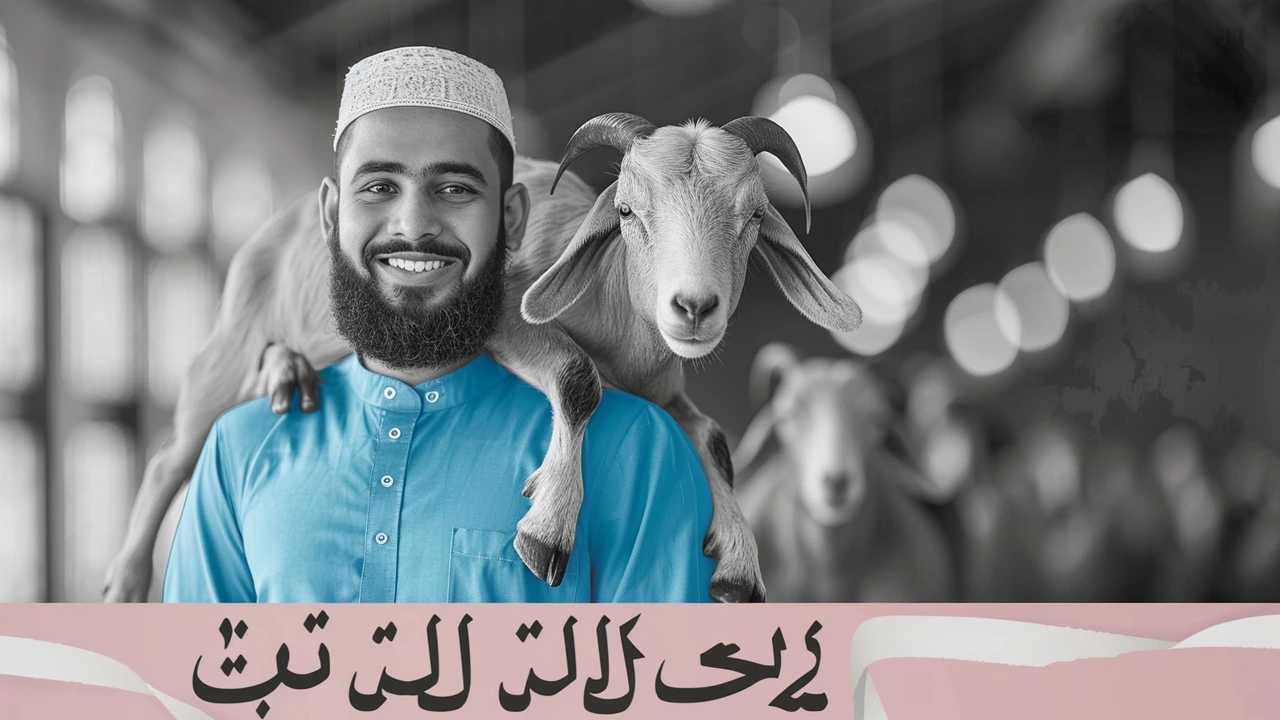Islamic Holiday Basics: What, When and How We Celebrate
If you’ve ever wondered what an Islamic holiday looks like, you’re in the right place. These special days mark key moments in the Muslim calendar and bring families together for prayer, food and community. The most widely observed holidays are Ramadan, Eid al‑Fitr and Eid al‑Adha, but there are a few others that pop up throughout the year.
Ramadan – the month of fasting
Ramadan is not a single day but a whole month of daylight fasts. Muslims wake up before sunrise, eat a light meal called suhoor, then abstain from food, drink and bad habits until sunset. After the sun goes down, families break the fast with dates and water, followed by a big dinner called iftar. The fast teaches self‑control and empathy for those who have less.
Ramadan moves about 11 days earlier each year because the Islamic calendar follows the moon. In Africa you’ll see streets lined with lanterns, special night markets, and mosques filled with people performing extra prayers called taraweeh. If you’re visiting during Ramadan, join an iftar – it’s a friendly way to share the experience.
Eid al‑Fitr – the celebration that ends the fast
Eid al‑Fitr means “festival of breaking the fast.” It starts with a special sunrise prayer, then a day of visiting relatives, giving gifts and eating sweet foods like biryani, baklava or local pastries. Many communities also give a charity donation called zakat al‑fitr to help the needy enjoy the day too.
In South Africa, Kenya and Nigeria you’ll hear drumming, see bright clothing, and enjoy street fairs that last into the night. It’s a perfect time to taste traditional dishes and meet locals who are eager to share their hospitality.
Eid al‑Adha – the feast of sacrifice
Eid al‑Adha honors the story of Prophet Ibrahim’s willingness to sacrifice his son. Muslims who can afford it sacrifice an animal – usually a sheep or goat – and share the meat with family, friends and the poor. The day begins with a prayer at a mosque or an open field, followed by the sacrifice and a big communal lunch.
In many African countries the celebration includes cultural dances, music and a lot of meat on the grill. If you’re invited, it’s okay to bring a small gift or a contribution to the meal – the spirit is all about generosity.
These Islamic holidays follow a lunar calendar, so the exact dates shift each year. Apps, local mosques and community calendars are the best way to stay up‑to‑date.
Whether you’re planning a trip, looking to understand a neighbor’s customs, or just curious, knowing the basics of Islamic holidays helps you respect traditions and enjoy the rich cultural tapestry across Africa.
Eid ul Adha, the Festival of Sacrifice, is a significant Islamic holiday that honours Prophet Ibrahim's devotion to Allah. Celebratory acts include charitable deeds, prayers, and festive gatherings. Exchanging heartfelt wishes is a cherished tradition that enhances the joyous spirit. Here are 50 meaningful Eid ul Adha wishes to share with loved ones.
More
